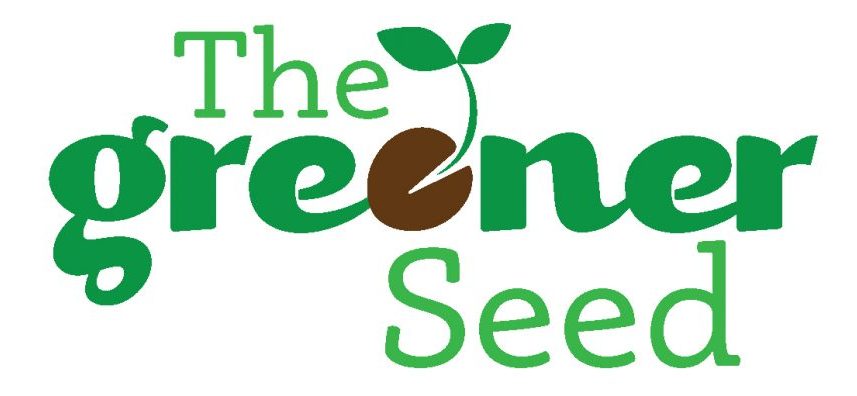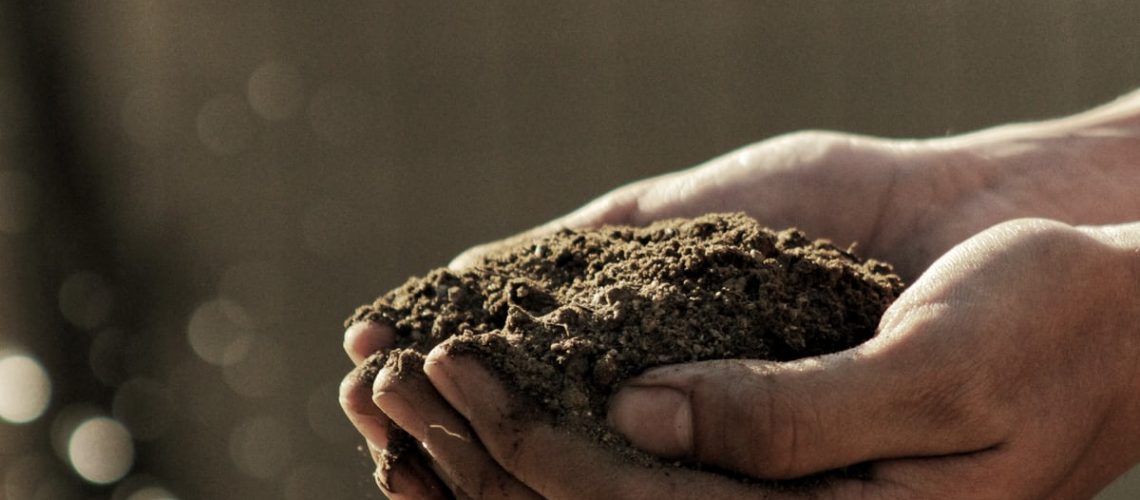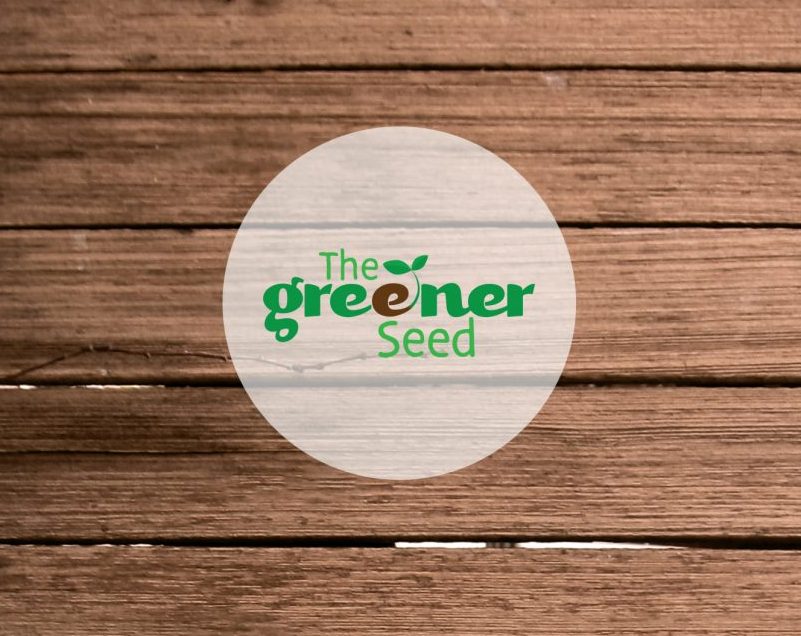Compost is decomposed organic material. Compost is made with materials such as leaves, shredded twigs, plant cuttings and kitchen scraps from produce. Using compost mimics what happens in nature. When plants die, they decompose and nutrients become accessible to support new growth.
Compost is a great material for garden soil. Compost has many benefits in the garden over chemical fertilizers. Not only does it maintain soil quality and fertility, it renders chemical fertilizer unnecessary. Using compost allows slow natural release of valuable nutrients, thereby preventing plant burn that you may experience with chemical fertilizers. In addition, composting is more cost effective. Other than a little water, the organic materials you provide are items you have simply redirected from the landfill into your garden amendment.
Plants grow faster, healther, and are more fruitful when compost is used. The fast rate of growth often outpaces the damage a pest can do to the plant. In my experience, when we grew tomatoes with and without compost, the hornworm completely devastated the plant without compost, but because the compost-fed tomato plant had grown so quickly, we had time to find the little pests before they were able to wipe it out. The tomato plant was able to recover pretty quickly and fed our family for a season. I’ve also read some studies that have suggested that healthy plants seem to attract less pests than struggling plants. Compost helps provide organic matter and nutrients that improve plant quality and growth. I would venture to say, when a plant is grown with compost, that even the parts of the plant you eat are healthier for you.
In the bigger picture, when you compost, you help the earth. Compost is nutrient-rich soil and it introduces valuable microorganisms (bacteria, fungi, protozoa) to your soil. You want your soil to be “alive” to support your plants optimally. Your kitchen and yard waste recycles back into the earth instead of sitting in a landfill with metals, plastics, and other harmful chemicals that leaches harmful methane into our environment. The landfills are not a sustainable solution for waste. One day they will fill up, and they will have to look for another place in nature to hollow out, cement up, and dispose of unwanted waste. Composting recycles and gives back to our planet; this solution is 100% sustainable.


